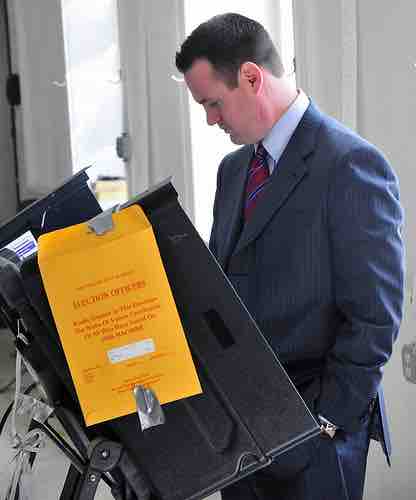Following the decision of Griggs v. Duke Power Company, the first court case to assess affirmative action in employment that made it to the Supreme Court in 1971, states took action to limit the application of affirmative action programs in their jurisdictions. This case decided for the minority petitioners, asserting that companies could not impose policies that raised obstacles for minority applicants so long as the the fulfillment of the policies were not reasonably related to job performance. States sought to limit the reach of federal policies regulating employment standards.
However, the scope of affirmative action debates soon extended beyond employment and entered the domain of higher education. Opponents to affirmative action have been even more vociferous about the use of affirmative action in higher education than when affirmative action pertains to employment policies. Since 1996, citizens of Arizona, Nebraska, California, Michigan, and Washington have all sponsored referendums to limit the legality of affirmative action policies . Since voters passed the referenda, the law in Michigan has been put on hold while the Michigan courts assess the constitutionality of voters' limitations.

State Initiatives Against Affirmative Action
State referenda have been the most successful way for opponents of affirmative action to limit its reach.
Since the implementation of state policies resisting affirmative action programs, the federal government has pushed back to ensure that affirmative action policies are implemented. In 1973, the U.S. Congress passed Section 717 of Title VII of the Civil Rights Act and Section 501 of the Rehabilitation Act, both of which require all U.S. federal agencies to implement affirmative employment opportunity programs for all federal employees. In 1979, President Carter issued U.S. Executive Order 12138, creating a National Women's Business Enterprise Policy and requiring government agencies to take affirmative action in support of women's business enterprises. As for the judicial branch, in 1995, the Supreme Court heard Adarand Constructors v. Peña, which established strict scrutiny standards of review for race and ethnicity-based federal affirmative action programs.
Thus, one can see that affirmative action policies and programs have gone back and forth between the states and federal government, typically with state voters trying to limit the reach of affirmative action and the federal government insisting on implementation.